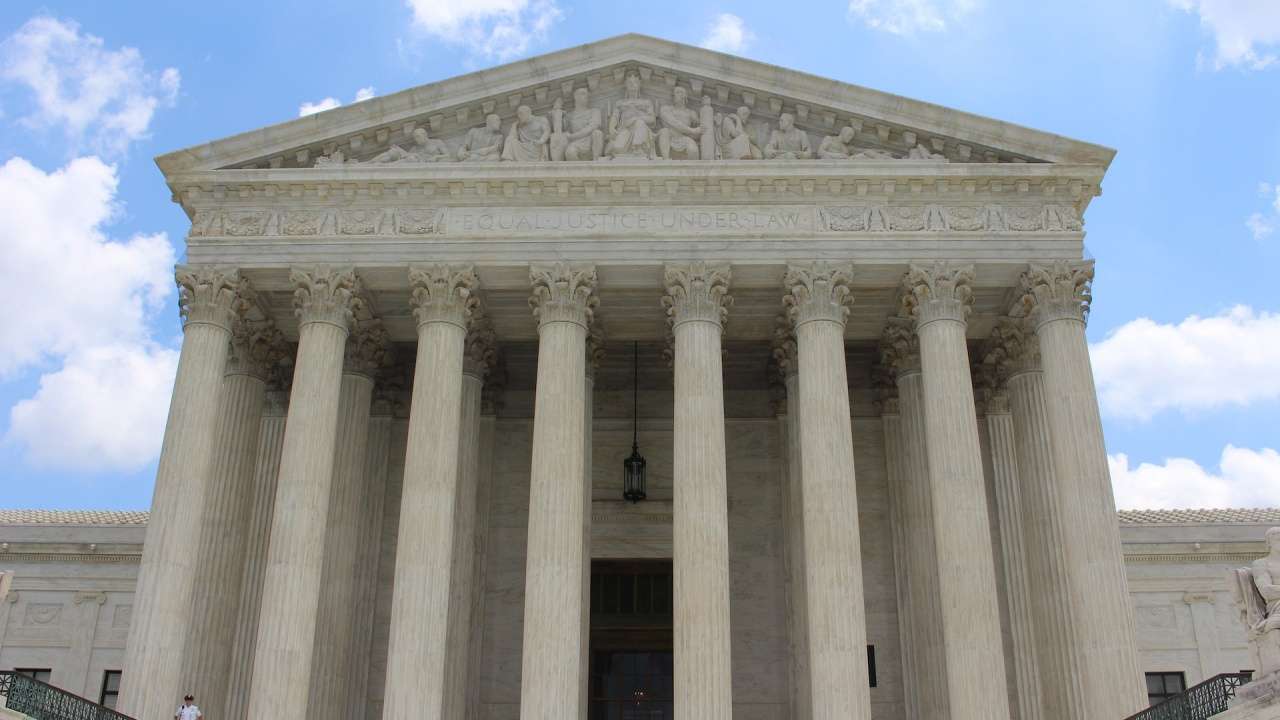On Tuesday April 18, 2023, the U.S. Supreme Court heard oral argument in the lawsuit Groff v. DeJoy. The case was brought by Gerald Groff, who delivered mail as a Rural Carrier Associate (RCA) from 2012 to 2019 in central Pennsylvania. Groff is a Christian who observes Sunday as the Sabbath, so he was not available to work on Sundays.
When Groff started as an RCA, no mail was delivered on Sunday, so Groff’s observance of a Sunday Sabbath did not pose any issue. In 2013, however, the Postal Service and Amazon agreed to Sunday delivery of certain packages. The schedule for Sunday work is governed by an MOU, which is intended to ensure an equitable rotation of Sunday work. Citing his religious beliefs, Groff consistently refused to work on Sundays. For several years, Groff and the Postal Service attempted to find workarounds, such as having volunteers take over his Sunday slots. Eventually, however, the Postal Service began disciplining Groff for his refusal to work on Sundays, and in 2019, Groff resigned.
After resigning, Groff sued the Postal Service. He argued that under Title VII of the Civil Rights Act, the Postal Service was required to reasonably accommodate his religious beliefs by exempting him from Sunday work.
Supreme Court case
After the lower courts found in favor of the Postal Service, Groff appealed the case to the Supreme Court.
Back in 1977, the Supreme Court held in Trans World Airlines, Inc. v. Hardison that an employer does not need to accommodate an employee’s religious practices if making the accommodation would create an “undue hardship.” The Supreme Court also said in Hardison that it would be an “undue hardship” if an employer had “to bear more than a de minimis cost” to make the accommodation. Groff argued in his appeal that the Supreme Court should overrule Hardison and require employers to accommodate religious beliefs even if doing so created a higher cost. Groff also argued that an employer should not be able to show an “undue burden” simply by showing that coworkers are burdened by the accommodation. For instance, Groff argued, the Postal Service should not be able to show that Groff’s request created an “undue burden” on the Postal Service overall, even if his coworkers were inconvenienced by having to work extra Sunday shifts.
The National Postal Mail Handlers Union, National Rural Letter Carriers Association, and National Association of Letter Carriers filed a joint amicus brief with the Supreme Court making two arguments. First, we argued that the Court should not overrule Hardison, but should clarify that Hardison – read in its entirety – requires the employer to accommodate religious exercise unless doing so would create substantial costs. We argued that this would allow employers to better balance the needs of religious employees with the needs of the business as a whole. Second, we argued instead of deciding in the abstract whether a burden on a coworkers can create an “undue burden” for the employer, the Court should send the case back to the lower courts to investigate the facts on how Groff’s scheduling request would affect the Postal Service and his coworkers. We argued that the Court simply did not yet have enough facts to make that decision. We also argued that it would be an “undue burden” if the Postal Service had to violate a CBA or MOU provision to accommodate Groff.
Supreme Court oral argument
The Supreme Court heard oral argument in the case on April 18, 2023.
It is often difficult to make predictions about Supreme Court decisions, but based on the questions the justices asked at the oral argument, there is some hope that the Supreme Court may rule along the lines that our amicus brief suggested. A majority of the justices seemed to agree with the Postal Service and the postal unions that Hardison should not be overruled, but should be clarified. Additionally, a majority of the justices indicated that the case should be sent back to the trial court to find more facts about the effects of excusing Groff from Sunday work before determining whether the Postal Service violated Groff’s religious rights.
Importantly, at oral argument, Groff’s lawyer agreed that it would be an “undue burden” to excuse Groff from Sunday work if doing so would violate a seniority system in a collective bargaining agreement. So, it appears that seniority systems, like the system set forth in the NPMHU National Agreement, are unlikely to be affected by Groff’s lawsuit. It remains unclear whether other provisions of the National Agreement – like fair-scheduling provisions –will be treated like seniority systems.
The Supreme Court is expected to issue its decision by the end of June.
The NPMHU supports employees’ rights to receive reasonable accommodations for their religious beliefs and practices, and will continue to urge the Postal Service to provide those accommodations consistent with the terms of the National Agreement.


Add your first comment to this post